PROF. SIRRY THE VOICE OF CHANGE
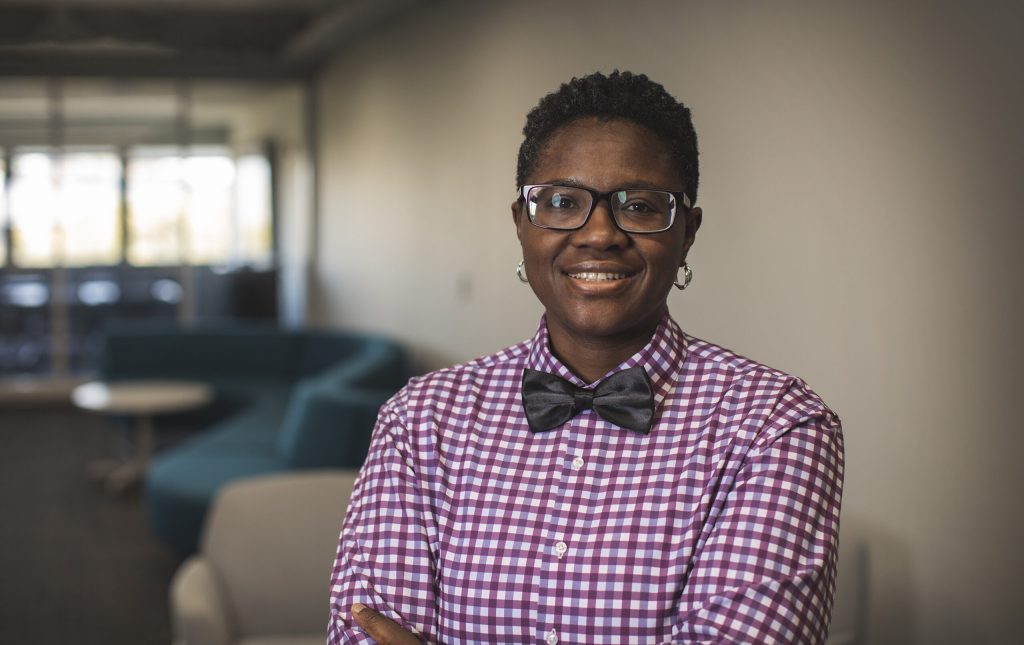
Today, we’re honoured to chat with Professor Sirry Alang, a remarkable health researcher and sociologist whose work focuses on understanding how society impacts health, especially for LGBTQ+ communities. Growing up, they dreamed of becoming a lawyer or judge, but a conversation about stress and health at age 11 sparked a curiosity about social factors affecting well-being. Despite facing challenges like financial struggles, health issues, and discrimination, they persevered, supported by loved ones and a dash of luck.
In our conversation with Professor Sirry, we’ll explore how their research sheds light on LGBTQ+ health disparities and advocates for change. We’ll discuss their use of online platforms to empower communities, their strategies for inclusive teaching, and their efforts to support LGBTQ+ individuals, particularly in Africa. And in our Quickfire round, we’ll catch a glimpse of their personal passions, inspirations, and the tunes that keep them moving forward.
Health Researcher and medical sociologist, Prof. is this what you wanted to become? How easy or difficult has been your journey here?
It is not what I wanted to become. When I was 6 or 7, I wanted to become a lawyer, and then a judge. I did not know much about what these people did, but it sounded important. We had a family friend called Mami Fri who was about the same age as my mum—in their forties. I assumed she was much older than my mum, like in her sixties or seventies. My mum told me, to my utter shock, that she and Mami Fri were about the same age. She also told me that stress and suffering make people sick, age people quickly, and send them to an early grave. At 11, I developed a deep curiosity about how society makes some of us sick and some of us healthy. When I look back, I realize that this curiosity shaped what I studied in university and what I do now as a professor and researcher. I did not want to go to university. My mum and one of my aunties said I had to go. My aunty, who died in 1999, threatened to beat the shit out of me if I did not go to university. It has not been an easy journey. There were days when I didn’t have food when my mother couldn’t pay for my housing at university and wrote letters pleading with the landlord not to kick us out when I borrowed money to make copies of books and articles. Along the way, I developed serious vision problems and lost my sight, then later regained some of my vision, and had multiple surgeries, among many more systemic ongoing challenges such as misogyny, homophobia, and then racism. Yet, I am here, thriving by many measures. Thanks to the relentless support of my family, friends, lovers, my determination, the kindness of many strangers, and a good portion of luck.
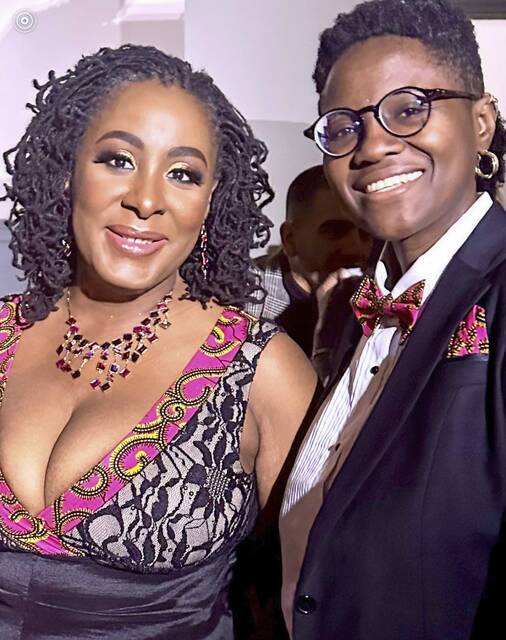
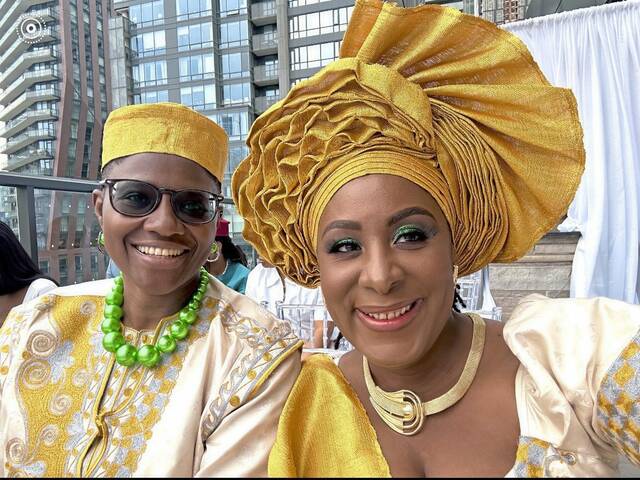
How you and your partner use the X platform has been transformative and affirming for a queer audience. Would you say your online presence influences your work as well?
In a lot of ways, yes. I get new ideas, learn about the lived experiences of others and different forms of knowledge and resistance from online communities and conversations. There are people I have yet to meet in person who have influenced me and my work in profoundly positive ways simply by online engagement.
What do you find most fulfilling about your job?
A lot. Getting people to think critically about systems of oppression and well-being, to question how daily taken-for-granted actions and customs can harm groups of people, to reflect on their own roles in maintaining or dismantling oppressive systems, to inspire individual and collective action towards health justice, and most importantly, building relationships and community.
How does your work help LGBTQ+ people get the healthcare they need when they face problems like discrimination?
Discrimination relies on silence and denial to flourish. So my work illuminates and exposes the multiple ways by which discrimination can occur, and how these different forms of discrimination can harm health. For example, when we know how homophobia shows up, how the actions of health care providers or how government policies can be homophobic, and when we know the pathways linking homophobia to depression, we can break the links. Interrupting or ending homophobic policies and actions, advocating for laws and policies that empower and liberate LGBTQ+ persons, as well as providing resources to meet their health, social, and economic needs are central to my professional and personal agendas.
When you work with communities in your research, how do you make sure that LGBTQ+ people are heard and helped? Do you ever extend this work to Africa?
Generating knowledge that is grounded in the experiences of LGBTQ+ people is the only way to go. And, laws and policies reflect the experiences of the people who make them. So, I passionately invite and radically welcome LGBTQ+ folks of all walks of life, genders, class, status, ability, etc, to co-imagine, co-learn, and co-create new realities for us and our communities. I also do significant work in connecting LGBTQ+ persons, especially those living in Africa, to resources— money, housing, education, jobs, and legal and social support. I continue to build networks and strengthen communities among African LGBTQ+ folks in the US, Ghana, Nigeria, and Cameroon, in particular.
When you teach, how do you talk about LGBTQ+ health issues so that everyone understands?
Health issues that affect LGBTQ+ persons affect everyone else. A healthy and thriving LGBTQ+ community makes for a healthier society, a more productive society, and a thriving society. So, I engage from the perspective of public health. I also highlight how discriminatory policies and actions that marginalize, exclude, punish, and stigmatize LGBTQ+ persons harm their health directly — think physical and psychological violence, denial of health care etc. Indirectly, discrimination takes away resources such as work, social support, education, and housing, that can improve their health and it exposes them to adverse and risky circumstances that are bad for their health. I centre justice and equity and challenge folks to think about the kind of society we can create for each other. I also centre the humanity of LGBTQ+ folks who simply want the same things that heterosexual cisgender people want — good health, a thriving career, family, love, happiness, and so forth.
Mental health can be tough for LGBTQ+ people. What have you learned about it, and how do you think it can be made better?
Discrimination and exclusion are bad for mental health. Very bad. And, poor mental health also means poor physical health. We can improve mental health by ending anti-LGBTQ+ policies and actions, by supporting the right to be happy, to thrive, to enter relationships, to start families, to education, work, housing, and health care for LGBTQ+ persons. We can train health care and social services providers, educators, and people across all institutions to provide services that are responsive to the needs of LGBTQ+ persons.
People are different in many ways, like race, gender, and sexuality. How do you study these differences to help LGBTQ+ people?
LGBTQ+ people come from all genders, racial groups, socio-economic statuses, cultures, religions, and so on. All these statuses and differences signify their proximity to power and resources, or social and economic advantages and disadvantages. So I think intersectionally. I take into consideration the ways by which these identities and statuses combine to create new problems, worsen existing problems, and also help alleviate other problems. I am as queer as I am Black as I am a woman. No one of these trumps the other or is more valid than the other. I therefore see the fight against homophobia as connected to the fight against misogyny and the fight against racism. In my research, activism, and advocacy, it is always “and”, never “either/or”.
Have you worked with LGBTQ+ groups to learn from them or help them? Can you share any stories?
Too many to share. I work to build networks in a lot of countries. This began in earnest when I hosted the Queer in Africa Conference at Lehigh University in 2018. It was scheduled for 2017 and cancelled because of a snowstorm but we held it in 2018. I currently sit on the board of three LGBTQ+ serving organizations on the continent, the most recent of them is ISHRAI (Improved Sexual Health and Rights Advocacy Initiative) in Nigeria. I have materially supported more than a dozen LGBTQ+ Africans in their immigration/emigration processes, whether for education or otherwise, and many more still living on the continent who need to survive amidst the homophobic violence that characterizes most of Africa. I know that the bigger issue is dismantling homophobic systems, ending homophobic policies, passing inclusive laws, as well as addressing the things that go together with systemic homophobia— colonial legacies that cause economic crisis, political instability, neoliberal and neo-capitalist exploitation. As we fight for larger structural changes, I never discount how a WhatsApp message of care, a letter of support, a place to stay, $50 to buy medicine or pay application fee for a master’s program can make a difference.
In schools and universities, LGBTQ+ people sometimes feel left out. How do you think we can pass on the mic to them ?
Developing policies and structures to protect them is the first thing. When folks feel protected and seen, they can talk, share and be heard. Build and form alliances with heterosexual and cisgender people who care about the humanity and the fundamental rights of LGBTQ+ persons. We really cannot learn, build or thrive if we live in fear of violence, so ensuring safety is most important.
Looking at the healthcare landscape, do you think USA LGBTQ+ issues intersect with African LGBTQ+ issues?
Yes, hate is hate, exclusion is exclusion and violence is violence. All the suggestions I have made in my earlier responses apply as much to the US as they apply to African countries. LGBTQ+ rights and health are indeed more advanced in the United States. But there is still much that can be done. In several states in the US, there are no laws protecting LGBTQ+ persons from housing discrimination, employment discrimination or bullying. Some states have passed laws that actively discriminate against and withhold health care for transgender persons. Another thing to note is that in any society, people who face multiple forms of discrimination are harmed the most by oppressive laws. In the US, for example, Black LGBTQ+ persons are hit hardest by homophobia, and this shows in their health outcomes. In most of Africa, LGBTQ+ persons who are impoverished are hit hardest. This highlights why our fight against homophobia is connected to our fight against white supremacy against capitalism and other systems of exploitation.
What inspires your fashion sense?
Some combination of Zaïko Langa Langa, androgynous womanhood, and unisex versatile African outfits that are as appropriate for church as they are for work, a traditional wedding that is not yours, and for when you are hosting a meeting at your house.
QuickFires:
What book are you currently reading?
Sister Outsider, Audre Lorde
Pastime hobbies?
Music, TV (reality TV, criminal, legal and medical drama), window shopping
Reality TV show,
The Bachelorette/The Bachelor, RuPaul’s Drag Race, Shark Tank, Married at First Sight
What is no. 1 in your playlist(music)?
Calm Down, Rema
When are you and your partner Uju visiting Kenya?
When you invite us. For sure!
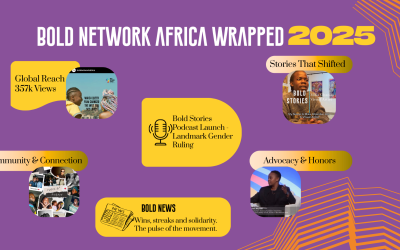
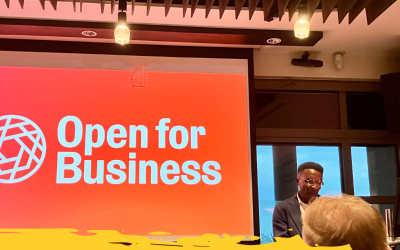
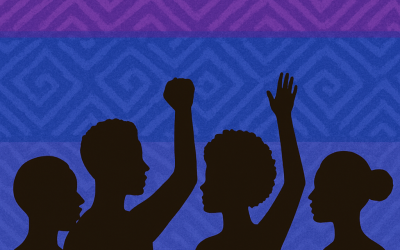

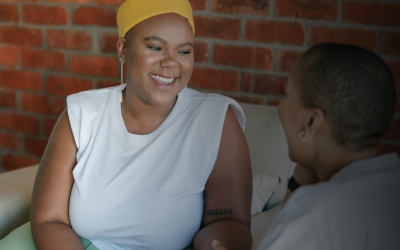
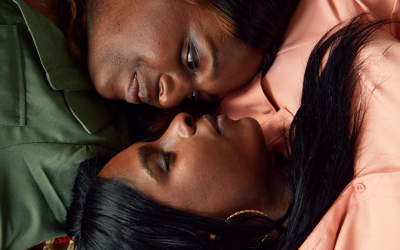
Recent Comments